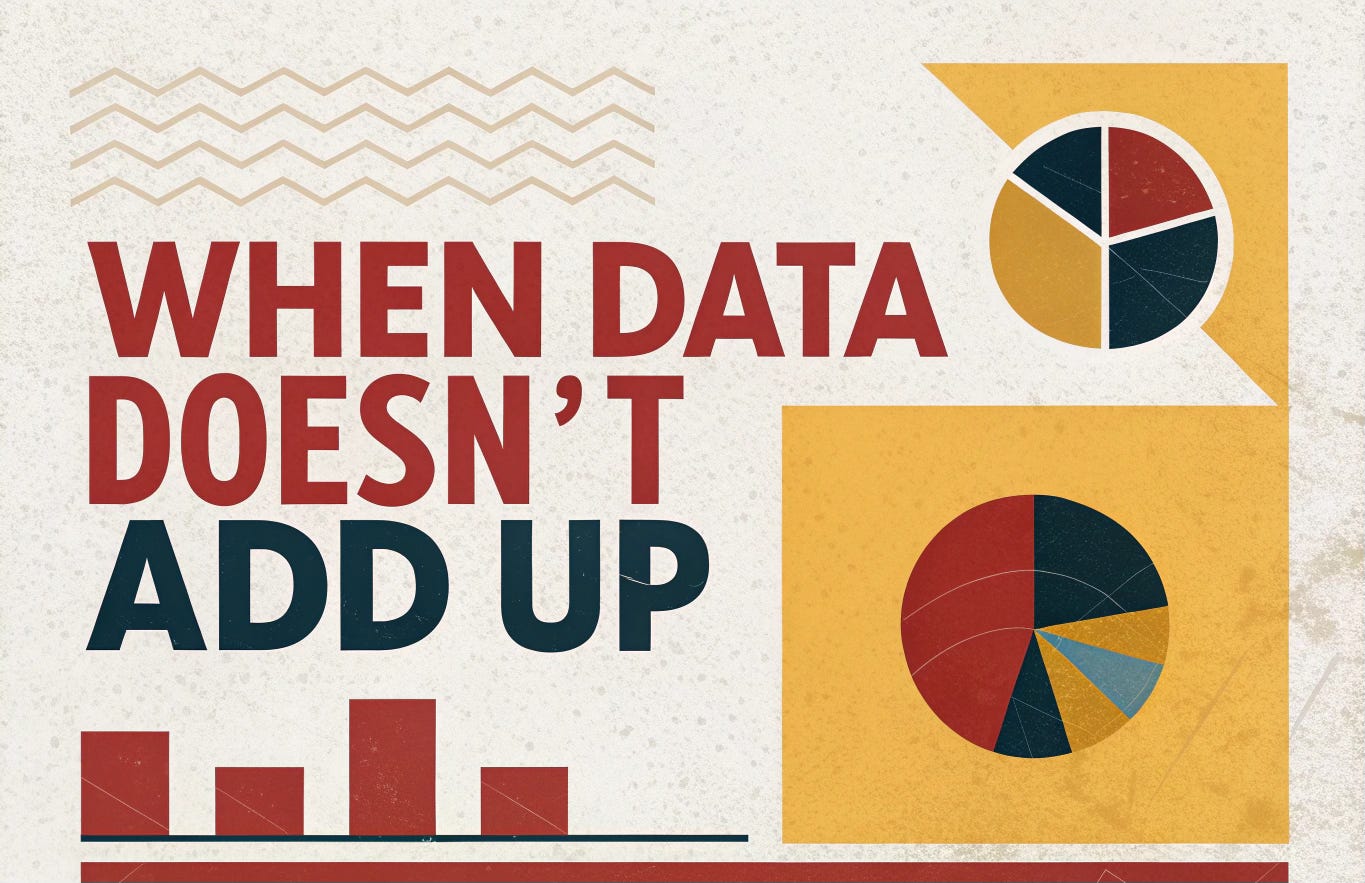The Statistical Integrity Crisis in the KRG: Another Case Study in Data Fabrication
The extent of data inconsistency within the KRG is staggering, strongly suggesting they are outright fabricating numbers. Here’s another glaring example that illustrates just how absurdly they manipulate their data:
The KRG’s Data and Information Center, which is supposedly an expert authority on data and quantitative methods, made the following contradictory claims within a span of two months in 2023:
• Currently, 20% to 30% of the Kurdistan Region’s electricity production comes from solar energy.
• The Kurdistan Region has two solar power stations with a combined production capacity of 3 megawatts.
Then, in another report published just a month earlier, they stated:
• The total electricity production capacity in the Kurdistan Region across all stations has reached nearly 3,900 megawatts.
If we take these figures at face value, it would mean that only 0.077% of the total electricity capacity actually comes from solar energy - not 20% to 30%. Even if we generously include an additional solar station reportedly under construction with a capacity of 25 MW, the total share of solar energy would still amount to just 0.718% of total capacity - nowhere near their initial claim.
There are only two plausible explanations for such massive discrepancies: either the officials responsible have no understanding of data and simply make up numbers, or they are deliberately falsifying figures to exaggerate PM Masrour Barzani’s achievements.
What’s even more alarming is that local media - including outlets that claim to be independent or opposition-aligned - published these numbers as facts, without any critical engagement or verification.
This case exemplifies why researchers and analysts must approach KRG official statistics with considerable skepticism. Without cross-verification, these figures cannot be considered reliable indicators of regional development or policy outcomes.
This is not the first of such data fabrication cases we have highlighted, you can read the other reports: here and here.






